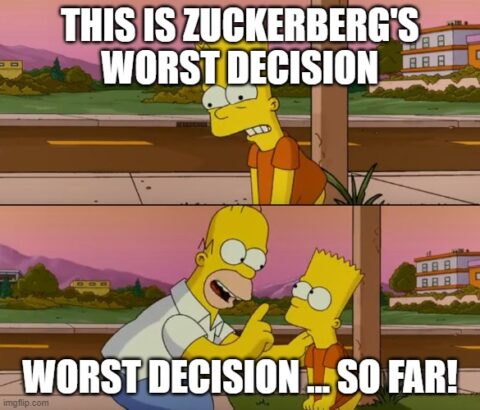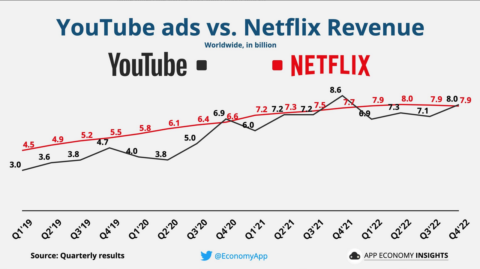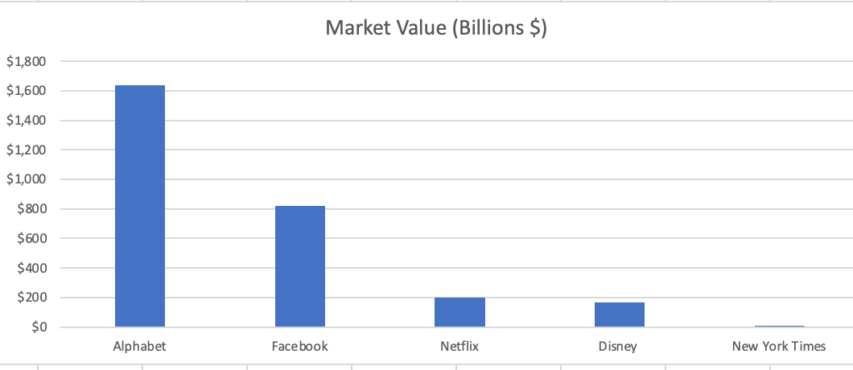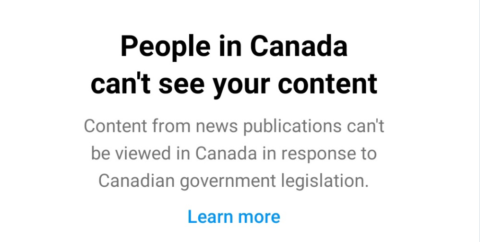Ted Gioia notes the anniversary of Mark Zuckerberg’s worst financial decision — the plunge into virtual reality:
A big birthday happens tomorrow. But don’t expect a celebration.
There will be no party, no disco. There will be no cake, no clown, no bouncy house for the kids. No Marilyn Monroe cooing the birthday song.
Just dead silence. But make no mistake — this is a very expensive birthday.
Exactly three years ago, Mark Zuckerberg placed a huge bet on virtual reality. On October 28, 2021, he even changed the name of his company — from Facebook to Meta.
A new company was born. But that’s now a huge embarrassment.
The name Meta is a lasting reminder of the most foolish decision Zuck ever made — even worse than Facemash or those ugly T-shirts.
Of course, that’s not how he saw things three years ago.
“Meta’s focus will be to bring the metaverse to life,” the company announced. “In the metaverse,” Zuckerberg bragged, “you’ll be able to do almost anything you can imagine.”
There was a catch — the tech billionaire needed to convince millions of people to wear virtual reality headsets.
But they looked ridiculous — you literally had to wear blinders if you wanted to enter Mr. Zucker’s neighborhood.
The very next day, I declared that “Meta is for losers”.
“This will never be cool.”
Zuckerberg was “making the wrong bet”, I warned — and gave my reasons:
The interface looks goofy and cartoonish. Instead of entering the gritty, exciting world of Blade Runner, you’re trapped inside a bad episode of Family Guy …
And users will look creepy too. You need to lock yourself into a headset to get the full benefit of the metaverse — and there’s no way that Zuckerberg can make that look cool. The people who spend hour after hour in his metaverse will be the subject of jokes and mockery …
They will be nerds and incels and the most disgruntled members of society, each desperate for escape.
Mark Zuckerberg eventually figured this out. But the company lost more than $20 billion over the next two years in a desperate attempt to convince normal people to abandon reality and enter his fake world.
Even as consumers resisted, Meta refused to admit it had made such a colossal mistake. Just last year, Zuckerberg still denied that he was abandoning virtual reality.
“A narrative has developed that we’re somehow moving away from focusing on the metaverse,” he told shareholders. “So I just want to say upfront that that’s not accurate.”
Then he did exactly that — retreating from the metaverse he had spent so much money building.
Fortune warned three months ago that Mr. Z’s metaverse “may finally be running out of cash”. Then in August, Meta cancelled the development of a next generation VR headset.













